Junction Box
A swimming pool junction box is a critical component of pool electrical systems, providing a safe and organized enclosure for electrical connections. In this comprehensive description, we will explore its purpose, design features, materials, installation methods, applications, safety considerations, and advantages for optimal use in residential and commercial swimming pools.
Purpose and Function
The primary function of a swimming pool junction-box is to serve as a central hub for electrical connections related to pool equipment, lighting, and accessories. Key purposes include:
- Electrical Safety: Junction-boxes are designed to contain and protect electrical connections, reducing the risk of electrical hazards such as shocks or short circuits.
- Organization: They provide a structured environment for organizing and securing electrical wiring, ensuring clarity and accessibility for maintenance and troubleshooting.
- Weather Protection: Junction boxes are typically weatherproof, safeguarding electrical components from water, humidity, and other outdoor elements common in pool environments.
Design Features
Swimming pool junction-boxes incorporate specific design elements to enhance functionality and safety:
- Material: Typically constructed from durable materials such as PVC (Polyvinyl Chloride), fiberglass, or stainless steel. These materials are chosen for their corrosion resistance and ability to withstand outdoor conditions.
- Weatherproofing: Junction boxes feature gaskets or seals to prevent water ingress, ensuring electrical components remain dry and protected.
- Size and Capacity: Available in various sizes to accommodate different wiring configurations and the number of electrical connections required.
- Accessibility: Some junction-boxes feature removable covers or hinged doors for easy access during installation, maintenance, or repairs.
- Mounting Options: Designed for surface mounting on walls or posts near the pool equipment area, ensuring convenient access while maintaining a tidy appearance.
Materials
Common materials used in swimming pool junction boxes include:
- PVC (Polyvinyl Chloride): Lightweight, durable, and resistant to corrosion and chemicals, making it suitable for outdoor applications.
- Fiberglass: Offers high strength and durability, along with excellent resistance to moisture and UV exposure.
- Stainless Steel: Provides superior corrosion resistance, ideal for harsh outdoor environments or commercial pool settings where durability is paramount.
Installation Methods
Installing a swimming pool junction box involves several steps to ensure proper function and compliance with electrical safety standards:
- Location Selection: Choose a location near the pool equipment where the junction box will be easily accessible but protected from direct water splashes.
- Mounting: Securely mount the junction box using appropriate hardware and ensure it is level and flush against the mounting surface.
- Wiring: Carefully route and connect electrical wires inside the junction box, following local electrical codes and manufacturer guidelines for wire sizing, connections, and grounding.
- Testing: After installation, conduct a thorough test to ensure all electrical connections are secure and functioning correctly. Check for proper sealing and weatherproofing to prevent water infiltration.
Applications
Swimming pool junction boxes are essential for both residential and commercial pool installations:
- Residential Pools: Used to house electrical connections for pool pumps, heaters, lights, and automated control systems, ensuring safe and reliable operation.
- Commercial Pools: Found in hotels, resorts, and public pools where robust electrical infrastructure is required to support larger equipment and higher usage volumes.
- Spas and Hot Tubs: Junction boxes are also used in spa and hot tub installations to manage electrical connections for pumps, heaters, and lighting.
Safety Considerations
Safety is paramount when installing and using swimming pool junction boxes:
- Waterproofing: Ensure junction boxes are properly sealed and rated for outdoor use to prevent water intrusion, which can cause electrical shorts or equipment damage.
- Electrical Codes: Follow local electrical codes and regulations when installing and wiring junction boxes to minimize the risk of electrical hazards.
- Grounding: Properly ground all electrical components within the junction box to protect against electrical shocks and ensure system integrity.
- Regular Inspection: Periodically inspect junction boxes for signs of wear, corrosion, or damage, and promptly address any issues to maintain safety and functionality.
Advantages
Swimming pool junction boxes offer several advantages that contribute to efficient and safe pool operation:
- Protection: Safeguards electrical connections from environmental elements, extending the lifespan of pool equipment and reducing maintenance costs.
- Organization: Provides a centralized location for wiring connections, facilitating easier maintenance and troubleshooting.
- Compliance: Helps ensure compliance with electrical safety standards and regulations, providing peace of mind for pool owners and operators.
- Durability: Constructed from durable materials, junction boxes withstand outdoor conditions and maintain performance over time.
Conclusion
In conclusion, a swimming pool junction box plays a crucial role in maintaining the safety, organization, and functionality of electrical systems within swimming pools and related installations. Its design, materials, installation methods, applications, safety considerations, and advantages collectively contribute to efficient pool operation and longevity of electrical equipment. By selecting and installing the appropriate junction box for specific pool requirements and ensuring proper maintenance, pool owners can enhance safety, protect equipment investment, and enjoy reliable performance in their swimming environments.









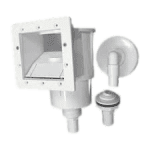


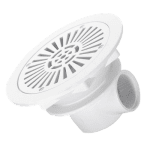





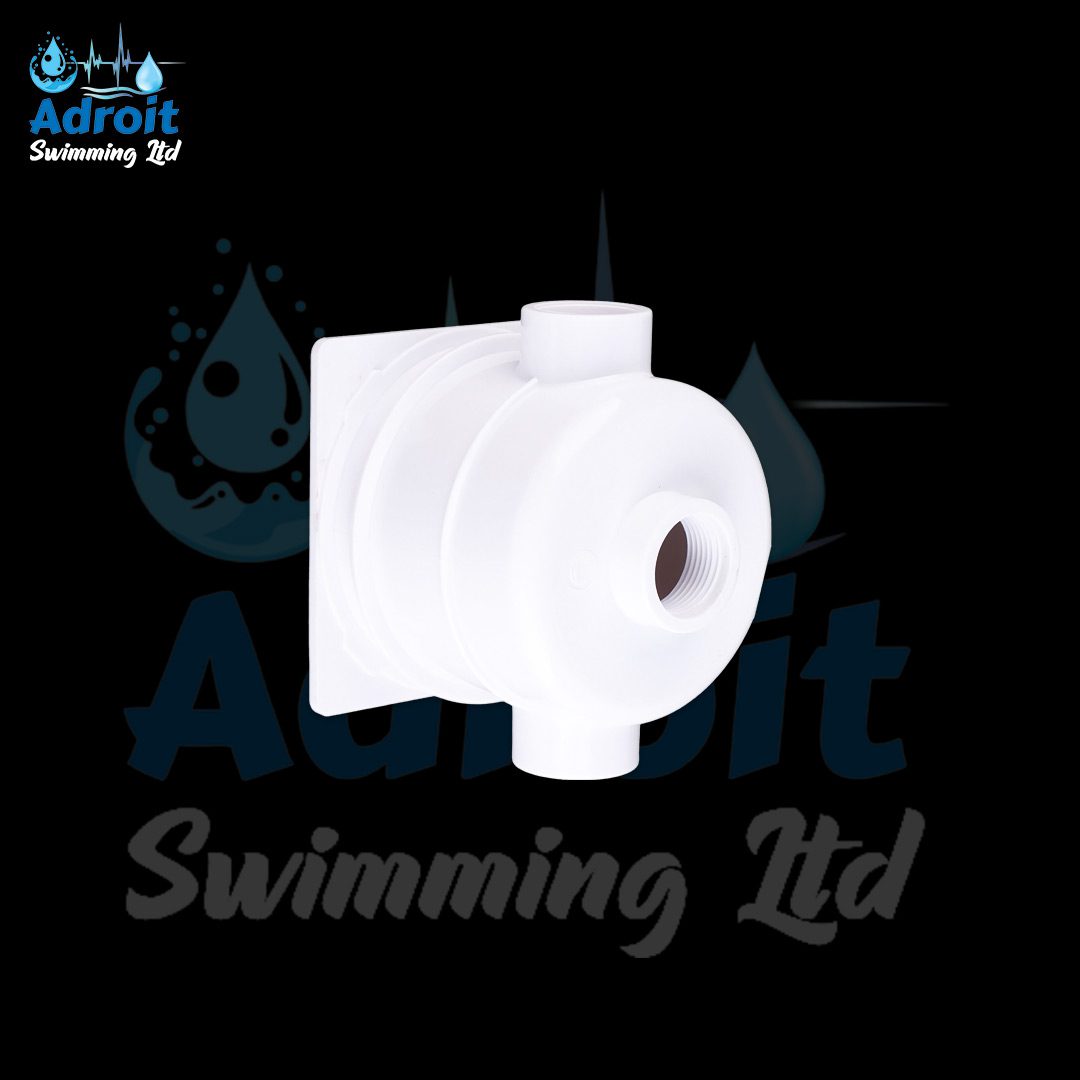
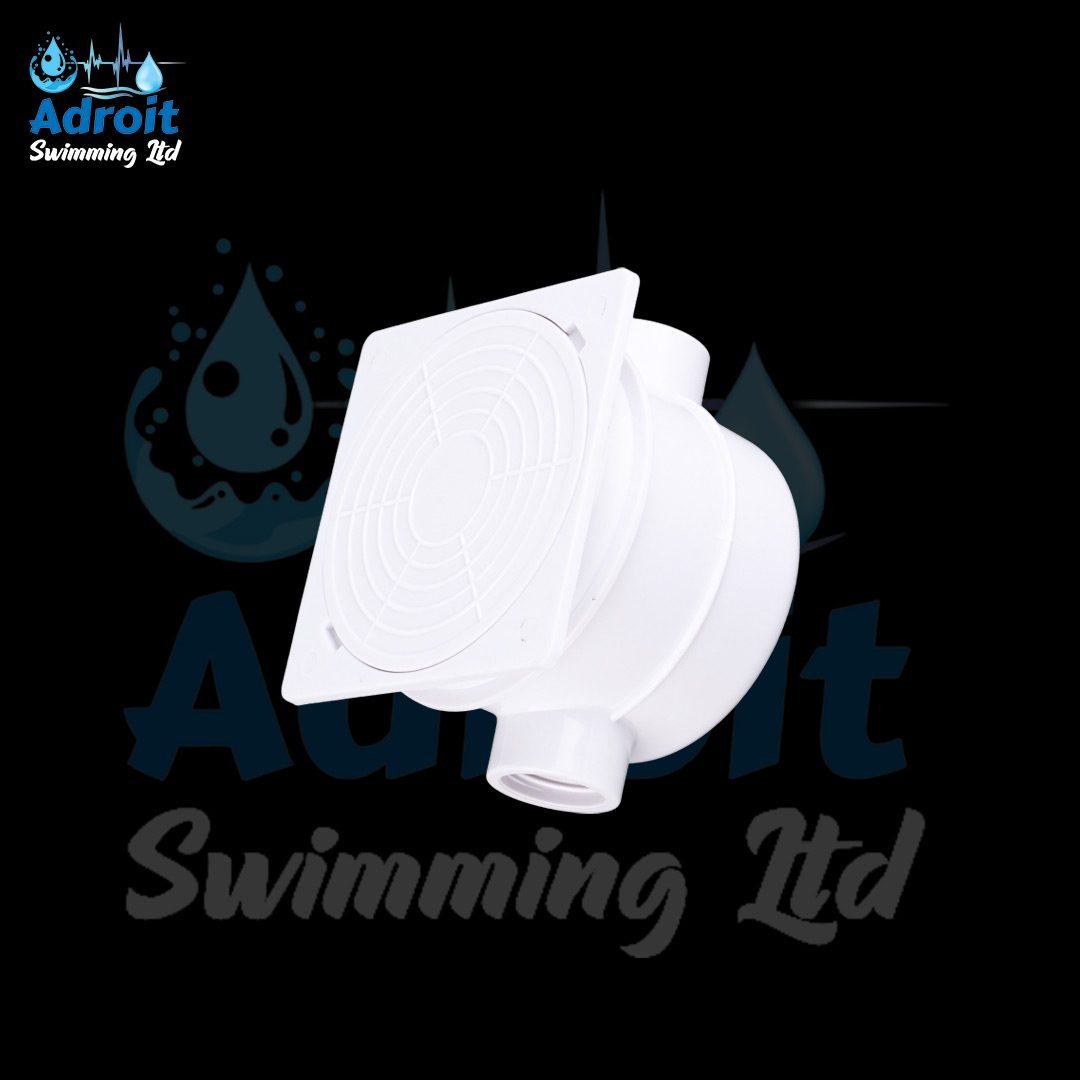
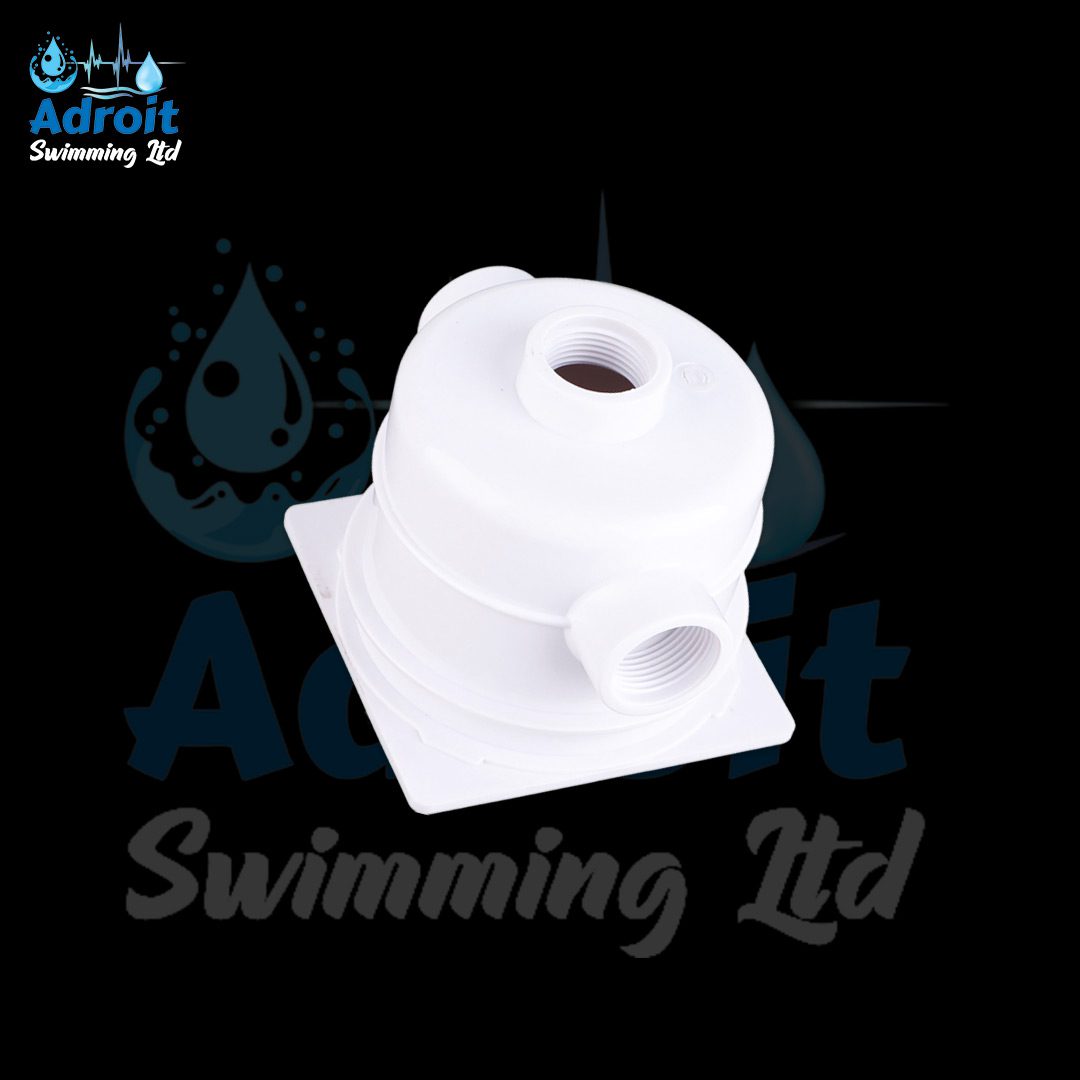
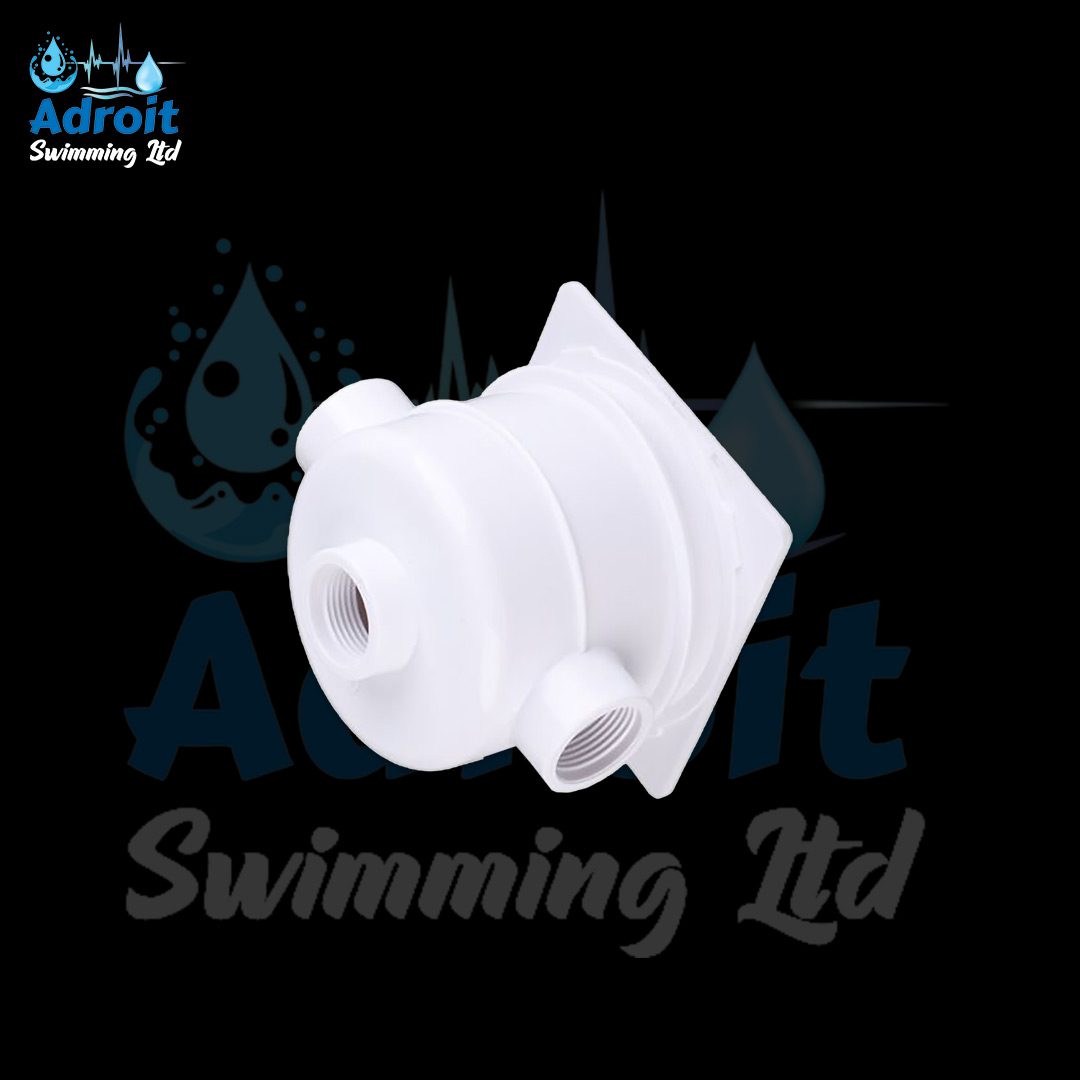
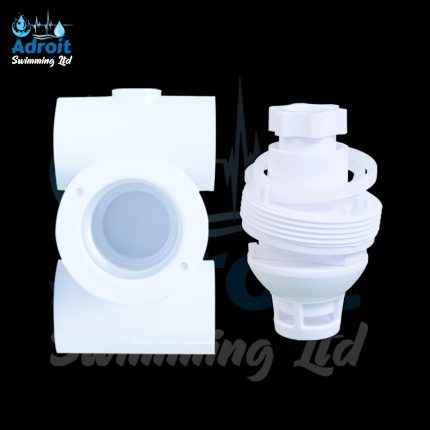
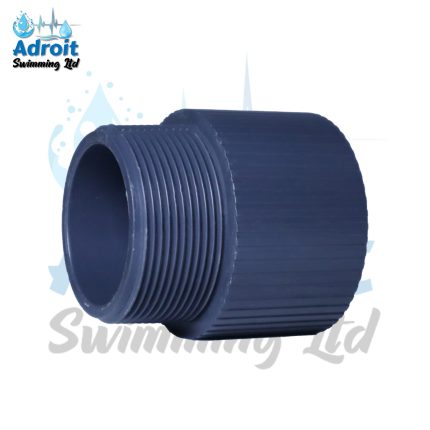
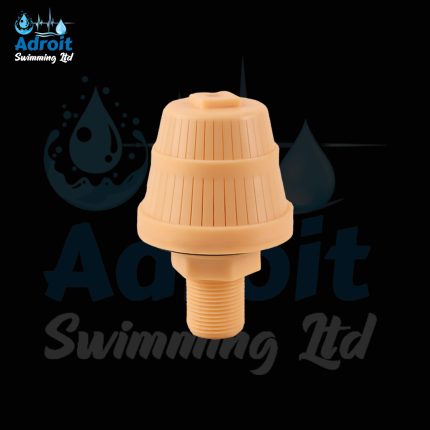
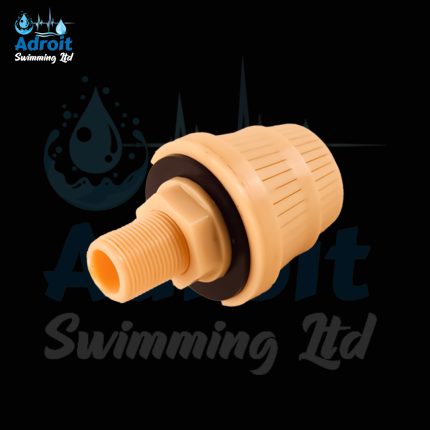
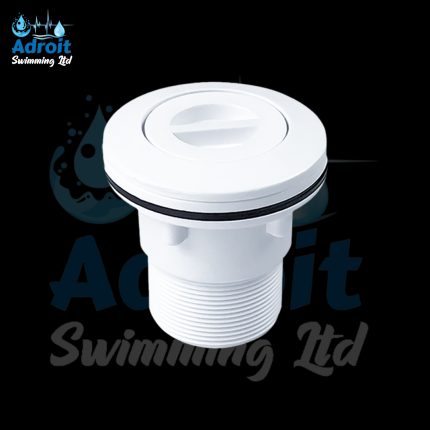
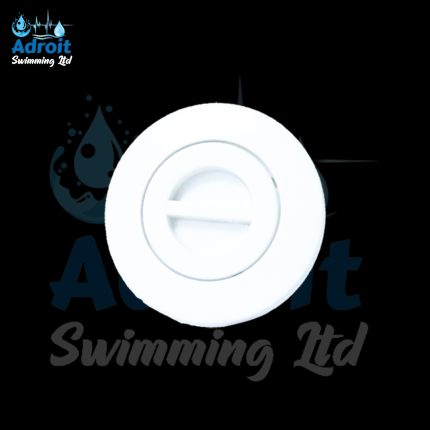
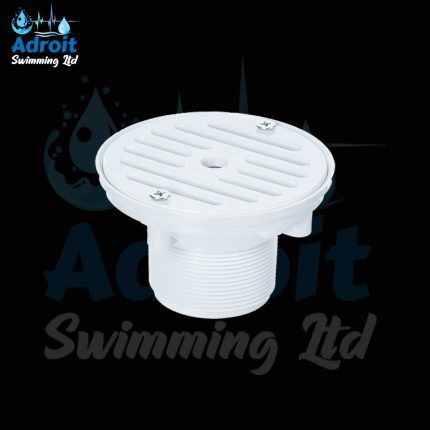
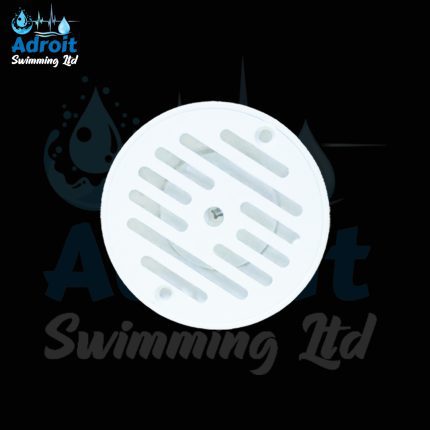
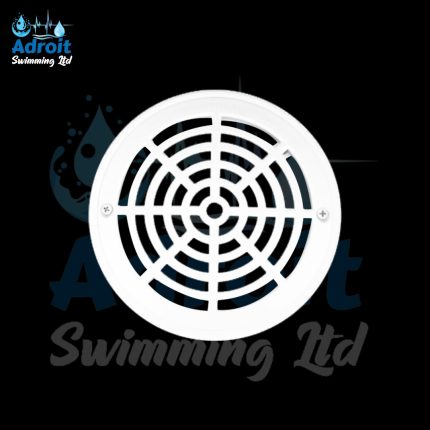
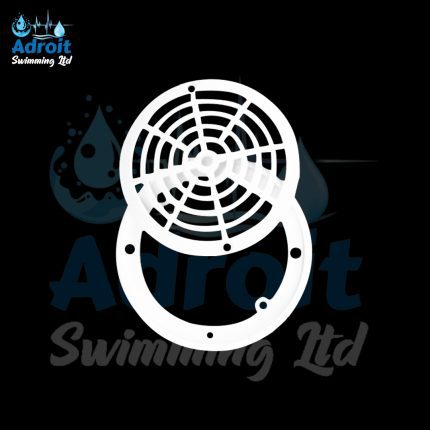
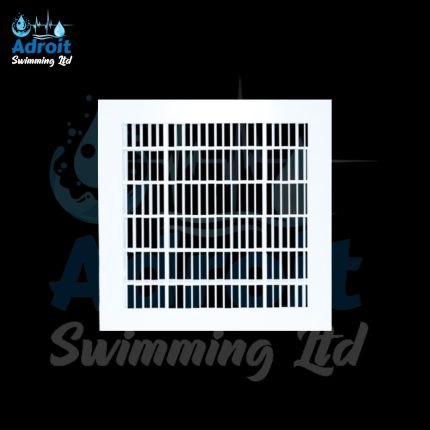
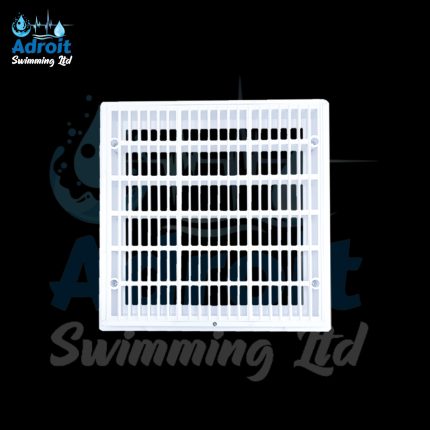
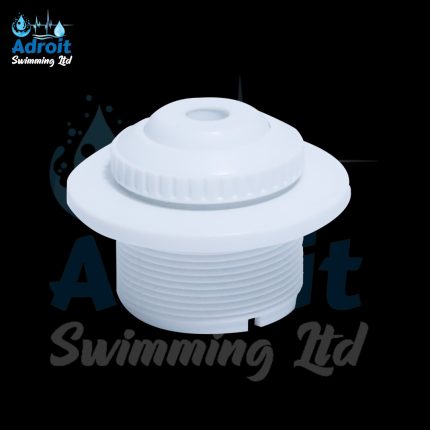
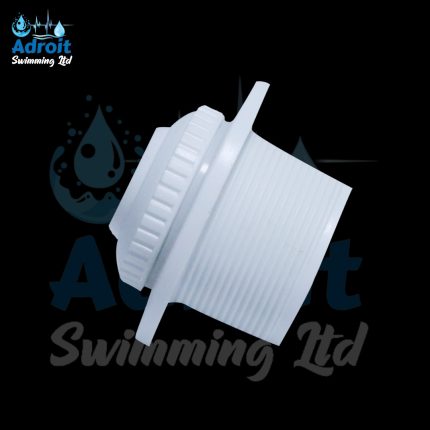
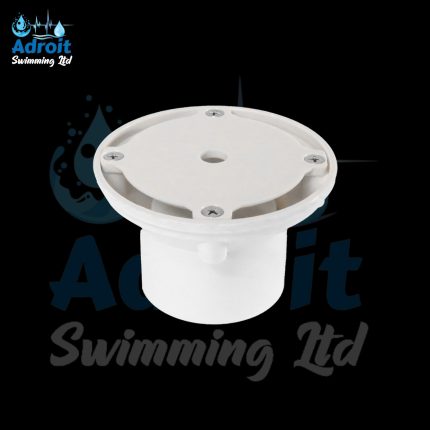
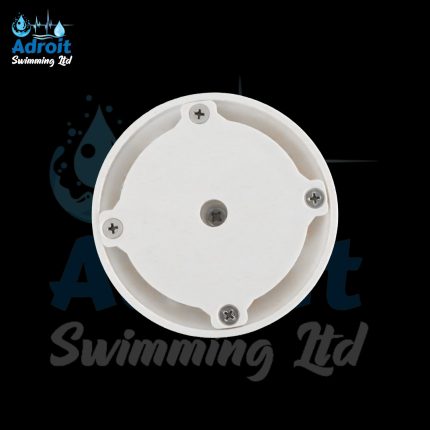
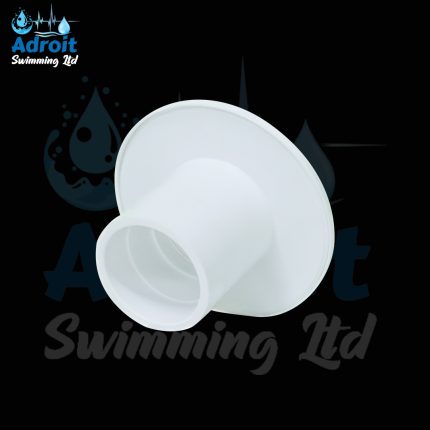
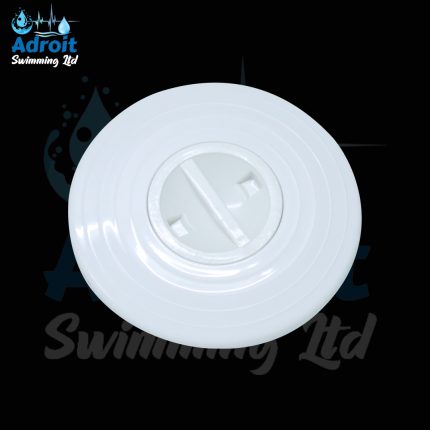
Reviews
There are no reviews yet.